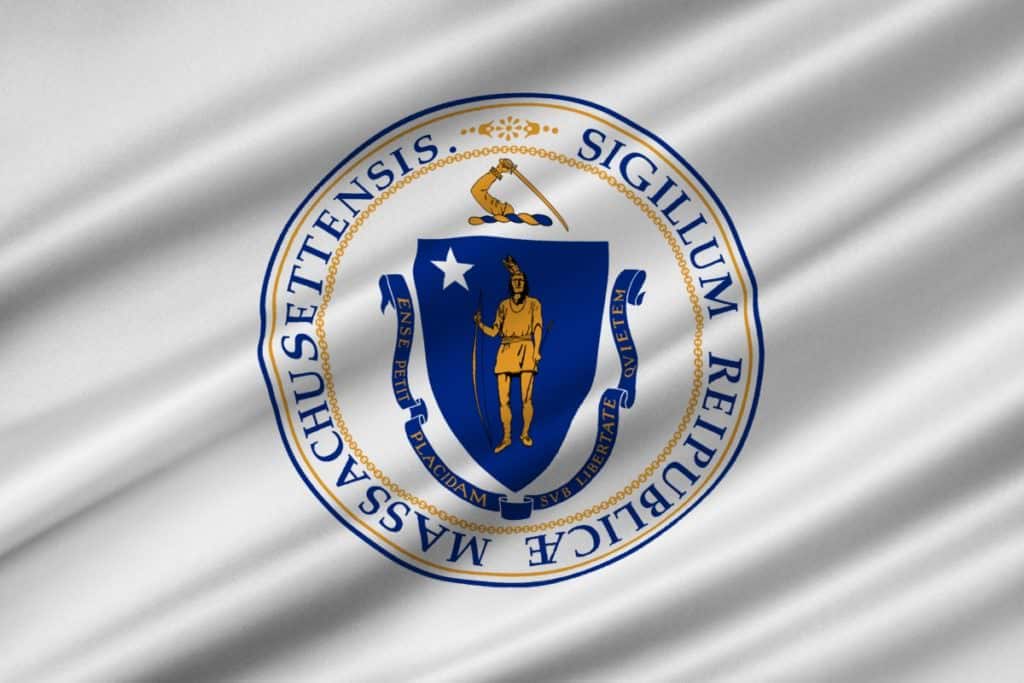Massachusetts cannabis companies have paid almost $53 million in “impact” fees to cities and towns in the state since adult-use sales started in 2018.
That’s the takeaway from a Northeastern University survey of 88 communities as state lawmakers consider the final version of a bill that would force municipalities to justify what critics call a government shakedown.
The Massachusetts Cannabis Business Association published Northeastern’s findings, according to The Boston Globe.
The existing law allows municipalities to assess a 3% tax on marijuana sales as well as an “impact” fee of up to 3% of a marijuana company’s annual revenue – provided that the fee is “reasonably related” to costs incurred because of a cannabis business’ operations.
The Massachusetts tax and fee structure is unusual for U.S. marijuana markets.
State regulators have not kept a close eye on those fees, the Globe reported, and many municipalities have charged businesses the maximum fee without reasonable explanations.
“It’s essentially legalized bribery,” Kim Napoli, a longtime drug policy reform advocate and attorney in the Boston office of Denver-based law firm Vicente Sederberg, told the Globe.
“I appreciate the need for control at the local level, but the impact fee is way too vague for comfort.”
Business leaders need reliable industry data and in-depth analysis to make smart investments and informed decisions in these uncertain economic times.
Get your 2023 MJBiz Factbook now!
Featured Inside:
- 200+ pages and 50 charts with key data points
- State-by-state guide to regulations, taxes & opportunities
- Segmented research reports for the marijuana + hemp industries
- Accurate financial forecasts + investment trends
Stay ahead of the curve and avoid costly missteps in the rapidly evolving cannabis industry.
Of the 88 communities that reported collecting fees as part of their local agreements with marijuana companies, only 47 disclosed under Northeastern’s public records requests how much they took in.
Therefore, the $53.3 million total is likely much less than how much has been collected by cities and towns overall.




